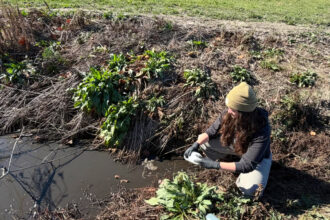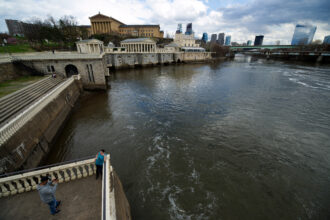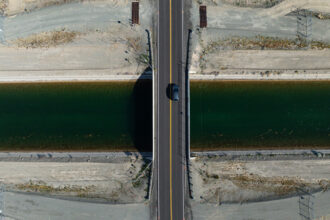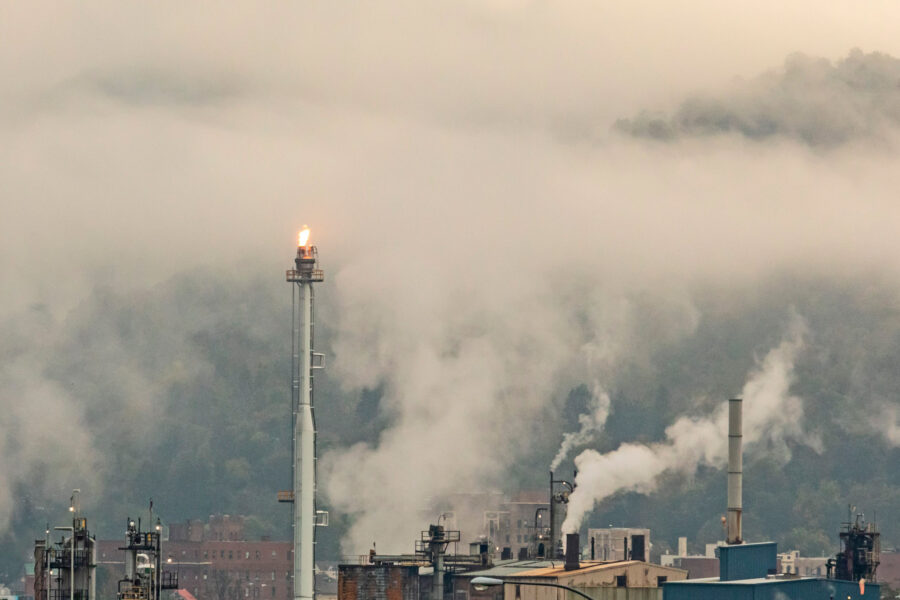BP is more likely to escape the potentially ruinous charge of gross negligence, according to City analysts, after a powerful US commission blamed “systemic” causes for the Gulf of Mexico disaster.
Barack Obama’s national commission released part of its final report into the disaster last night on Wednesday night. The report, to be published next week, could influence several other parallel investigations into the spill that are yet to finish.
The commission was scathing in its criticism of BP, as well as its contractors Halliburton and Transocean, which it blamed for a collective “failure of management”. But it added that it had found no evidence that the blowout which led to last April’s disaster was the result of “aberrational decisions made by rogue industry or government officials”.
Commission co-chair William K Reilly said: “So a key question posed from the outset by this tragedy is, do we have a single company, BP, that blundered with fatal consequences, or a more pervasive problem of a complacent industry? Given the documented failings of both Transocean and Halliburton, both of which serve the offshore industry in virtually every ocean, I reluctantly conclude we have a system-wide problem.”
Analysts said that blaming the oil industry, and not singling out BP, would help the company in its fight against being found guilty of gross negligence. But industry and legal sources told the Guardian that BP would still have to strike a deal out of court to settle myriad lawsuits. Separately, the US justice department has launched a civil action against BP and is investigating potential criminal violations.
BP shares rose by more than 2% during morning trading in London but finished the day slightly down.
Analysts expect BP to resume paying dividends – which were suspended last summer under intense White House pressure – when it reports full-year results on 1 February, as the company tries to move on from the disaster.
Before the spill the company paid out $10bn (£6.5bn) annually to shareholders but it is likely to resume dividends at only half that level. Investors could receive dividends for the last quarter of 2010 as soon as March.
Analyst Peter Hitchens, of stockbroker Panmure Gordon, said: “The national commission’s report is another chink of light for BP. BP was named and held responsible in the report but it also said ‘we can’t solely blame BP’.
“It’s hinting that there won’t be a finding of gross negligence. What seems to be coming through is there was an unfortunate string of accidents which led to the disaster. BP had a near-death experience. But time is a great healer for BP, it seems.”
The national commission report was also highly critical of the now-disbanded offshore regulator, the Minerals Management Service (MMS), which it previously accused of giving a higher priority to increasing production in the gulf than to safety. The full report, to be released on Tuesday, is likely to recommend a radical overhaul of the regulatory regime to improve offshore drilling.
Charlie Kronick, a spokesman for Greenpeace, said: “The report sets up a big flag that the regulatory regime is going to be much tighter. The new regulator has already indicated that it won’t be a permit-fest once new guidelines for offshore drilling are drawn up.”
But he said that pointing the finger at BP’s contractors should not exonerate the company from blame. “Halliburton and Transocean were operating on BP’s behalf. It’s hard to see how that lets BP off the hook.”
If BP avoids a charge of gross negligence it will be able to charge its junior partners in the fateful Macondo well – Anadarko and Mitsui – for a third of the costs. US federal fines would triple under a gross negligence finding, with JP Morgan estimating that the total bill for BP under this scenario could be as high as $69bn.
BP has made good progress in its program of selling assets worth $25-30bn, having netted about $20bn so far.
Photo of oil burning near Isle Grande Terre by Grassroots Mapping Project
About This Story
Perhaps you noticed: This story, like all the news we publish, is free to read. That’s because Inside Climate News is a 501c3 nonprofit organization. We do not charge a subscription fee, lock our news behind a paywall, or clutter our website with ads. We make our news on climate and the environment freely available to you and anyone who wants it.
That’s not all. We also share our news for free with scores of other media organizations around the country. Many of them can’t afford to do environmental journalism of their own. We’ve built bureaus from coast to coast to report local stories, collaborate with local newsrooms and co-publish articles so that this vital work is shared as widely as possible.
Two of us launched ICN in 2007. Six years later we earned a Pulitzer Prize for National Reporting, and now we run the oldest and largest dedicated climate newsroom in the nation. We tell the story in all its complexity. We hold polluters accountable. We expose environmental injustice. We debunk misinformation. We scrutinize solutions and inspire action.
Donations from readers like you fund every aspect of what we do. If you don’t already, will you support our ongoing work, our reporting on the biggest crisis facing our planet, and help us reach even more readers in more places?
Please take a moment to make a tax-deductible donation. Every one of them makes a difference.
Thank you,











